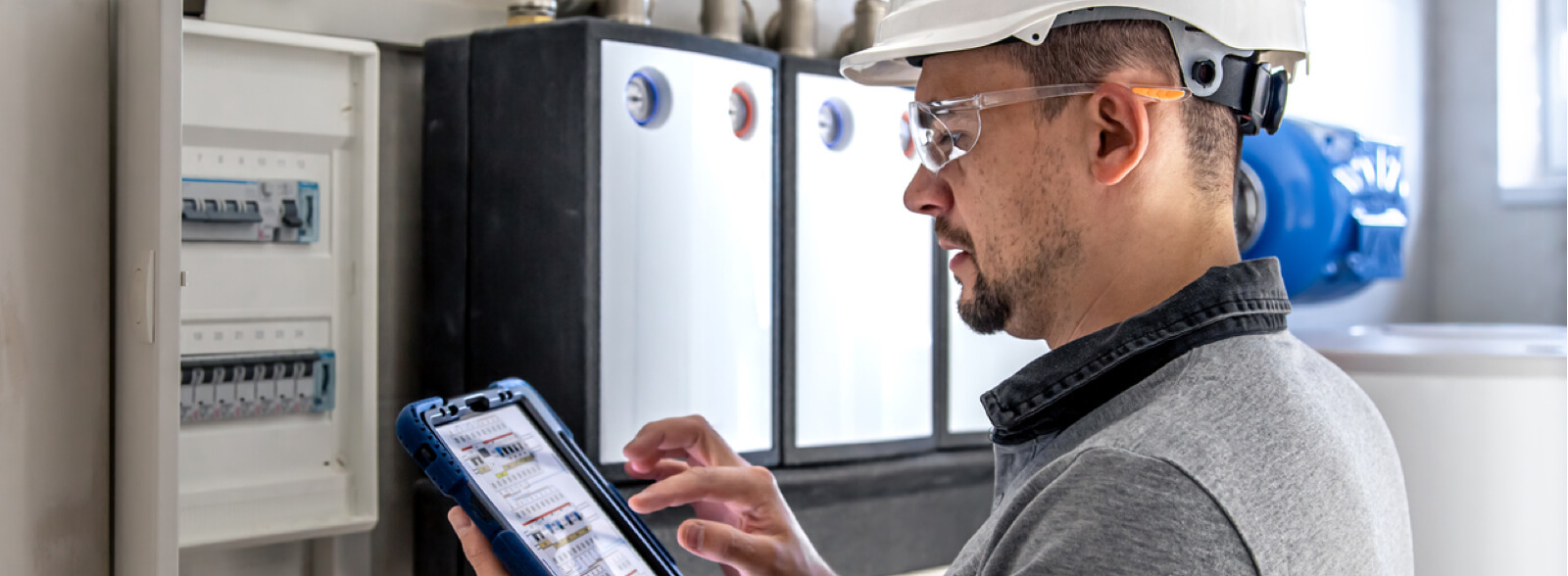Conduct a Commercial Energy Audit and Save

A commercial energy audit is a great way to identify areas to save energy and improve your company’s bottom line.
There are two ways you can go about an energy audit for your business: You can conduct one on your own, or you can hire a professional. You may want to consider a professional audit as it can be a complex process, especially for larger businesses and certain facility types.
Before you begin an audit, collect the following information:
- Your company’s average number of business hours per day and business days per week.
- The year(s) your building was constructed and first occupied.
- The number of employees (full-time and part-time).
- Structural details:
- The number of floors.
- The ceiling height.
- The total square footage and the percentage used regularly.
- The number and percentage of exposed walls, walls shared with other buildings, and walls with windows.
- Window types (e.g., single-, double-, or triple-paned; tinted; solar film).
- Roof and outside wall material types (e.g., concrete, wood), including R-values.
- Energy inputs (e.g., natural gas, electricity).
- Types of energy used in the facility:
- Heating, ventilating, and air conditioning.
- Central air, window air conditioners, hot water, boiler, furnace, unit heaters, baseboard heaters, and radiant heaters.
- Thermostat settings, including settings by time period if using a programmable thermostat.
- Water heating — system type, age, settings, and condition.
- Lighting — details on interior and exterior lights, including number, type, wattage, and average operational time.
- Details on automatic doors, elevators, and escalators, including number, type, age, and use patterns.
- Details on any seasonal equipment, like dehumidifiers and irrigation systems.
- Heating, ventilating, and air conditioning.
- A listing of all appliances and devices, including number, type, location, age, condition, efficiency, use patterns, and size. Examples include:
- Dishwashers, washing machines and dryers, microwaves, refrigerators, freezers, stoves, and ovens.
- Computers, printers, copiers, monitors, and servers.
How To Find a Professional Energy Auditor
Professional auditors may be a good option for your business. At a minimum, a professional audit should include a blower door test, a thermographic scan, and a perfluorocarbon tracer (PFT) air infiltration measurement.
Before reaching out to a professional, call your energy provider, as they may offer free or low-cost energy audits and offer financing, incentives, and rebates if their recommendations are implemented.
If you are still interested in hiring a professional auditor, browse the U.S. Department of Energy’s plantwide systems resource page or check out the Residential Energy Services Network. Many of the network’s auditors are primarily home auditors but are also qualified to conduct business audits.
Energy Providers
- A&N Electric Cooperative
- Appalachian Power/AEP
- Community Electric Cooperative
- Craig-Botetourt Electric Cooperative
- Dominion Energy
- Mecklenburg Electric Cooperative
- Northern Neck Electric Cooperative
- Prince George Electric Cooperative
- Shenandoah Valley Electric Cooperative
- Southside Electric Cooperative